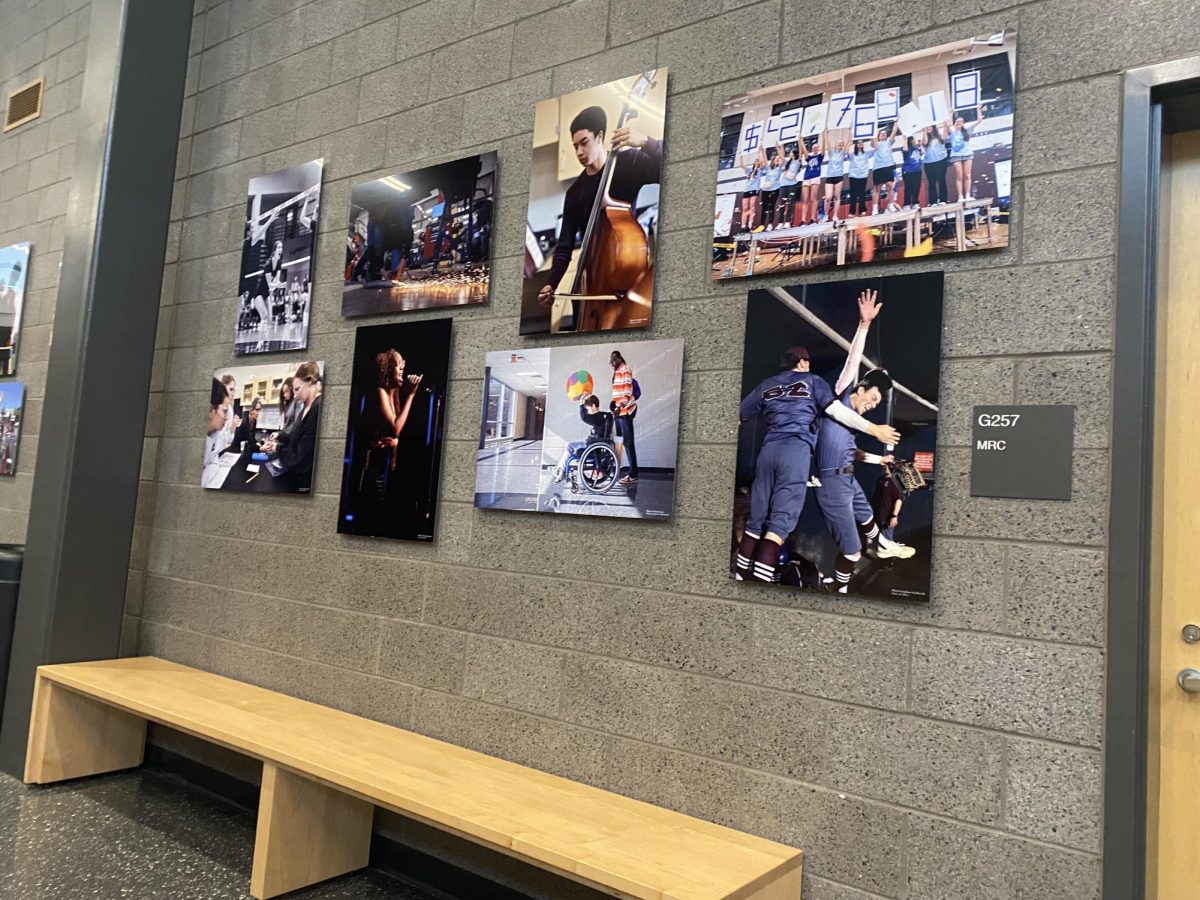State High is an International Baccalaureate (IB) and Advanced Placement (AP) school. The IB and AP courses offer a wide range of material and experience highly beneficial to both college applications and employment opportunities.
The IB Program:
According to the International Baccalaureate Organization, the aim of all IB programs is to “develop internationally minded people who, recognizing their common humanity and shared guardianship of the planet, help to create a better and more peaceful world.”
IB courses are available to students in 11th and 12th grade at State High. They include classes in six groups: Studies in Language and Literature, Language Acquisition, Individuals and Societies, Sciences, Mathematics, and the Arts. By participating in the IB program, student have the opportunity to earn an IB diploma.
Advantages:
Students learn various useful ways to communicate with each other.
IB students develop habits of being comfortable speaking in front of their peers and collaborating with them on assignments. They get many opportunities to enhance their social skills.
Dr. Jennifer Schreiber, the IB coordinator, said that IB courses focus on various modes of communication.
“Whether you are going straight to a job or to further schooling, you need to be able to communicate in a variety of ways. You may need to write, speak, present in front of people, and you get a lot of those opportunities…it’s amazing how quickly in an IB course a student becomes comfortable standing up in front of their peers and talking,” Dr. Schreiber stated.
Students build a good work ethic.
State High librarian, Mr. Morath, often works with IB students.
“Someone once told me that one of the most important things they learned going to college was that they learned about getting up, getting themselves to class, and showing their response to those kinds of things,” Mr. Morath said. “IB is not the same thing, but it is the same kind of idea. That the rigor and responsibility of being involved in these courses translates to work ethic.”
Disadvantages:
Students have to pay $119 for each IB class and take a final exam for each class.
This can be quite costly and stressful. If a student wishes to apply for an IB diploma, they must take at least six IB classes, for a total cost of $714. However, there is a scholarship fund. Each exam is graded from one to seven points, seven being the best. A student must earn at least 24 total points in order to receive an IB Diploma.
AP Classes:
Developed by the College Board, AP classes are taught at a college level and have more rigor than a standard college-prep class. Students who take AP courses and take the tests in May have the opportunity to earn college credit.
Advantages:
Students in an AP class learn a wider variety of material compared to a grade-level class.
“[…] The goal is to give a wide breadth of information about an associated topic that will enable students to have a strong understanding about the context and the material for the course,” Jennifer Rand, the AP Coordinator for State High, said.
For example, the AP World History class for 10th grade covers different cultures, empires, expansions, and conflict from around the world, ranging from 1200 CE to the present day. In contrast, the grade-level class for 10th grade, Global Studies, covers more political aspects from only 1750 to 1945.
Students can take AP classes as early as their freshman year.
Freshman can enroll in AP Human Geography and AP Computer Science Principles. Sophomores may enroll in AP World History, AP Art History, AP Statistics, and AP Music Theory. This is far earlier than the time students can take IB classes.
Disadvantages:
There is no guarantee that students can receive college credit.
Some colleges may accept AP credits, whilst others might not, even if a student receives the maximum score on the AP exam. Each exam costs $98.
Conclusion:
Whether students are college bound or getting a job right out of high school, both IB and AP classes benefit students.








